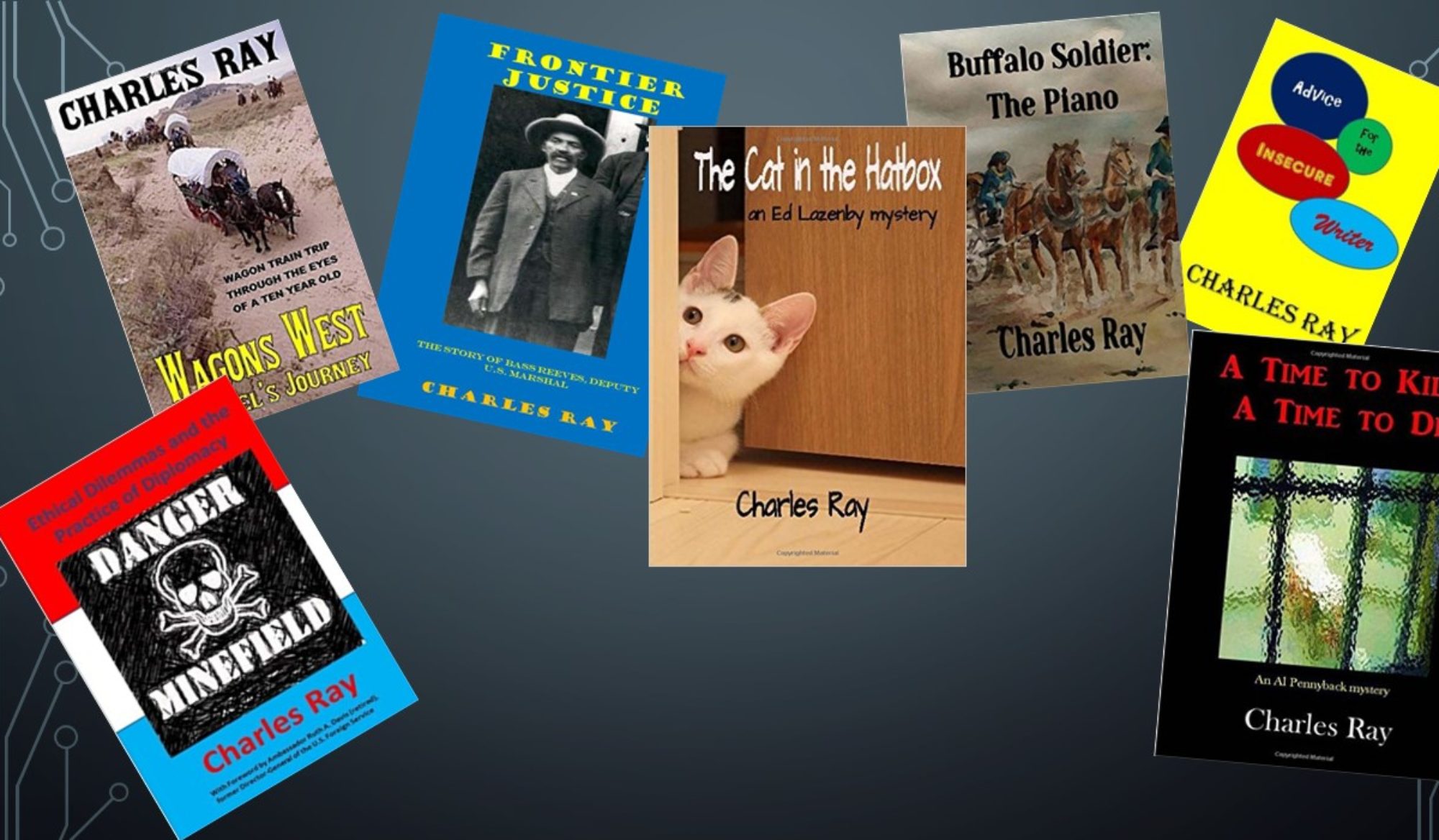We humans love to label things. Writers are no exception, either. Take writing habits, for example, we label writers as either those who diligently map out their stories, plotters, or those who just start writing and go with whatever comes, sort of writing by the ‘seat of the pants, or, pantsers.
The problem with this is that a lot of writers don’t fall neatly into either category. Take me, for instance. I usually start my books in one of the following ways:
1. I list the chapters, and the main action in each, knowing generally how I want the story to end. As I write, though, I will often change action, or add chapters as some interesting action or event is suggested by the flow of the story.
2. I know generally how I want the story to end, and I plan the first chapter or two, and then start writing, going with the flow.
You will notice a common thread here; I always go with the natural flow of the story. Certain things just seem to logically follow other things.
Take, for example, my current work in progress, another in my Al Pennyback mystery series, featuring a retired army officer turned private detective in the Washington, DC area. Al is on retainer to a law firm, but the work they give him doesn’t take up too much of his time, so he takes cases involving people who are being put upon by the system, or who have no one else to turn to. Al is something of a knight errant, or a samurai without a master—otherwise known as a Ronin—and, he is always on the side of the downtrodden. In the current story, A Deal to Die For, his client is a spoiled rich girl, who he dislikes at first, but takes the case because she’s being falsely accused of murder.
Generally, my plan for this one was for him to prove her innocence after several false starts and a lot of time spent following red herrings. I decided that this one would be really complex, with several of the things that push Al’s buttons, like the presence of militia, and some play on 9/11, with a possible terrorist in the mix for interest. I mapped out the first nineteen chapters and began writing. The murder has already happened two days before the story begins, and Al’s task is to find the killer.
He begins working his way through the initial list of potential suspects, eliminating them one by one through diligent detective work, until he’s left with what he thinks is the most likely bad guy—only, I decided that he would really hit a wall when he learns that the most likely suspect is not what he first thought he was, and his nemeses, the militia bad guys start to crank up the heat and put his life in danger.
Now, if the militia guys are the real killers, the story’s about over, so I decided that this was too pat. In chapter 19, I have Al’s client fearing she’s about to be arrested, and unidentified bad buys tailing Al all over town. The clock’s ticking, and the stakes are cranked up to the max. I’ve kind of decided who the real murder is already, and now I’m just sending Al down a few false trails, so that when the killer is finally unveiled, readers will be surprised.
I’m now in the home stretch, and I’m planning a few confrontation scenes and some real nail-biting action just before Al finally finds the key clue that tells him where to look.
That, in a nutshell, is how I write. I go with the flow, and if the flow seems to be veering away from the rough sketch map I started with, I simply draw a new map. That is neither plotting, nor pantsing, but a combination of the two, which, being human, I will call plantsing.
So, having shared that bit of trivia with you, I will go back to my plantsing, and see what sprouts. Happy reading, and a glorious New Year to one and all.
Discover more from Charles Ray - Author
Subscribe to get the latest posts sent to your email.




